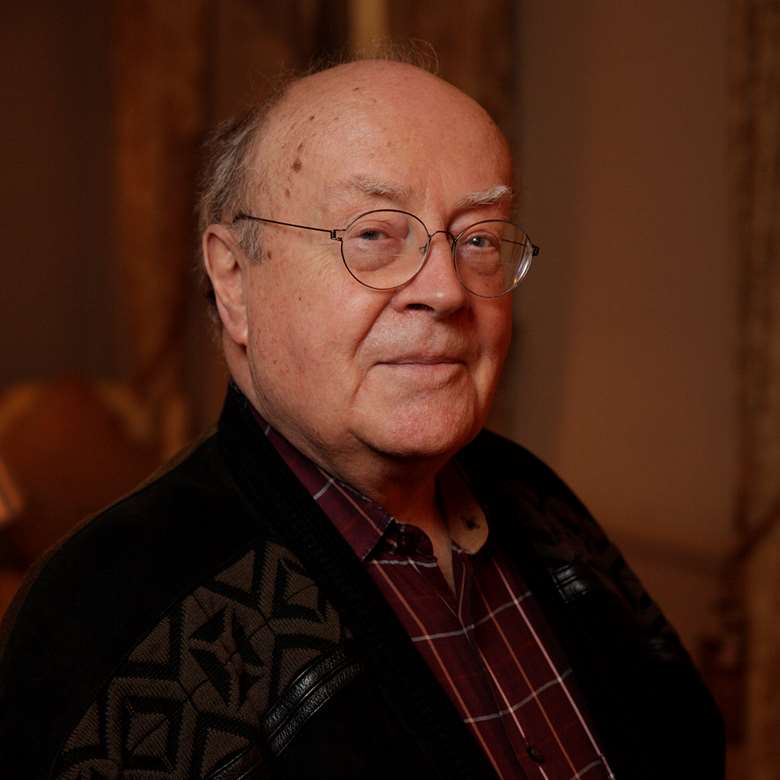Remembering Stephen Plaistow, writer and broadcaster
Peter Quantrill
Thursday, February 6, 2025
Peter Quantrill recalls a figure who communicated complex ideas and techniques to wide audiences with insight, eloquence and generosity

Writing about music was what Stephen Plaistow did as well as anyone in English for 60 years, in countless Gramophone reviews above all. It was, all the same, only one part of his working life, and not a dominant one. As a producer at the BBC, firstly under William Glock, then Robert Ponsonby and John Drummond as successive Controllers of Radio 3, Stephen made hundreds of recordings and broadcasts of the music he believed in, and of the musicians who believed in it too. ‘The most trusted of all my colleagues,’ recalled Drummond of Plaistow, as Editor of Contemporary Music at Radio 3, ‘an excellent pianist and a fine all-round musician … I depended greatly upon his judgement.’
Those musicians included the Melos Quartet playing Beethoven and Schubert, Pierre Boulez conducting Debussy and Boulez, Michael Gielen conducting Webern and Gielen; and many others, searchable on the BBC Genome site, who took their craft as seriously as he did. When, back in 1971, Stephen gave a broadcast talk on ‘The Musician as Music Critic’, he could do so with comfortably worn authority. As a pianist-critic, he had the literature under his fingers. At a Chopin festival in a London church, I saw him play the Polonaise-Fantaisie with an articulate command enviable by any standards, let alone for a pianist in his late 70s.
To present ‘Building a Library’ programmes on the Années de pèlerinage one month, and on Elliott Carter another, did not tax the store of Stephen’s musical insights, or his ability to translate complex ideas and techniques into down-to-earth English. For him, Liszt and Carter belonged to a canon of art music that will always reward our ears and our minds, and in working according to that belief he exercised a profound influence upon me and (I hope) upon everyone else who heard and read and met him.
At piano masterclasses in Cambridge and elsewhere, he was invited to share some of those insights. He did this with the generosity, the wisdom and the exact, sometimes sharp turn of phrase familiar to his readers, his listeners and his friends alike. Stephen could count Boulez and Brendel as friends, and his profiles of them in Gramophone are accordingly all the richer for it, not in terms of gossipy familiarity, but in drawing on an affinity of values as well as a mutual warmth which illuminate their conversations in print. His words were always considered, and he held himself to the highest standards when writing them down. A piece by Stephen said no more and no less than it needed to.
When he met personal tragedy, and latterly affliction, Stephen bore it stoically. Beyond music, he took particular pleasure in good food, and wines from the Loire. A long-shuttered establishment behind the South Bank offered both. After a Henze opera at the Young Vic or the Takács Quartet playing Beethoven at the QEH, we would dine there, and I tried (and failed) to do more listening than talking. As a producer, a writer and a complete musician, he set an example for closer listening and deeper thinking, and everything he did invited others to follow that example.










